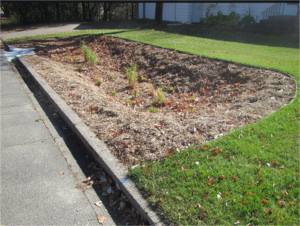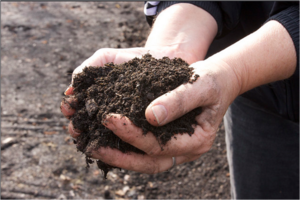
Difference between revisions of "Minnesota Stormwater Manual test page 5"
m |
m |
||
| Line 13: | Line 13: | ||
**[[Overview of engineered (bioretention) media]] | **[[Overview of engineered (bioretention) media]] | ||
**[[Engineered (bioretention) media materials specifications]] | **[[Engineered (bioretention) media materials specifications]] | ||
| − | **[[Stormwater bioretention | + | **[[Stormwater engineered (bioretention) media mixes]] |
| − | **[[Engineered media applications for stormwater BMPs]] | + | **[[Engineered (bioretention) media applications for stormwater BMPs]] |
**[[Phosphorus leaching, export, and retention in engineered (bioretention) stormwater media]] | **[[Phosphorus leaching, export, and retention in engineered (bioretention) stormwater media]] | ||
**[[Review and summary of literature pertaining to engineered (bioretention) media]] | **[[Review and summary of literature pertaining to engineered (bioretention) media]] | ||
Revision as of 15:38, 9 July 2019
Warning: This page is an edit and testing page use by the wiki authors. It is not a content page for the Manual. Information on this page may not be accurate and should not be used as guidance in managing stormwater.
Stormwater and soil, engineered (bioretention) media, and media amendments

Engineered media in a bioretention practice. Image from MPCA's Flickr website.

Compost is an important component of most engineered media mixes. It is also commonly used as an amendment to improve soil properties, such as infiltration rate, fertility, and structure. Image from MPCA's Flickr website.
Soil and engineered media, often referred to as bioretention media, are fundamental design characteristics of most post-construction stormwater practices. In some applications, soil or media amendments are utilized to improve soil conditions or enhance treatment effectiveness of a BMP.
This page provides links to pages that address topics related to soil, engineered media, and soil/media amendments.
- Media
- Overview of engineered (bioretention) media
- Engineered (bioretention) media materials specifications
- Stormwater engineered (bioretention) media mixes
- Engineered (bioretention) media applications for stormwater BMPs
- Phosphorus leaching, export, and retention in engineered (bioretention) stormwater media
- Review and summary of literature pertaining to engineered (bioretention) media
- Amendments
- Soil
- Vegetation
- Links
- Photo gallery for Stormwater and soil, engineered (bioretention) media, and media amendments
- Interesting websites